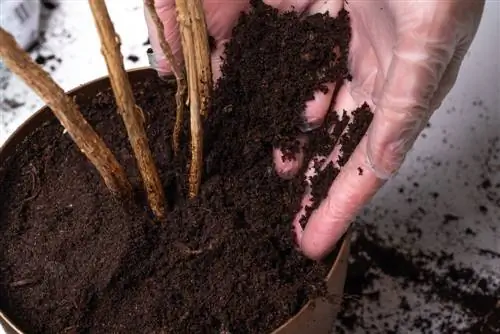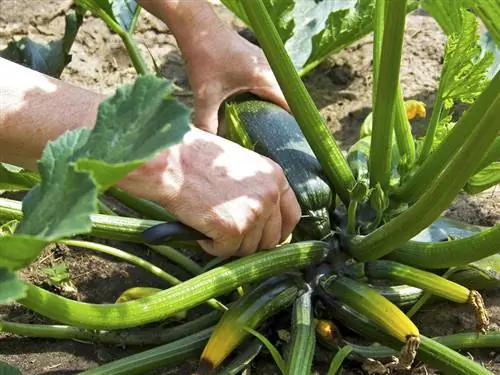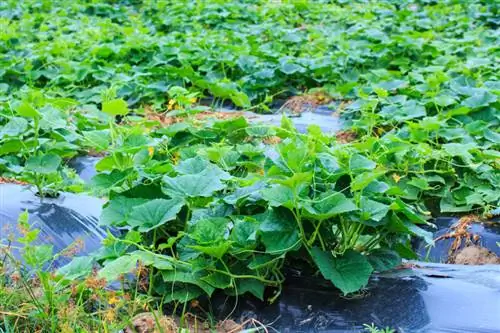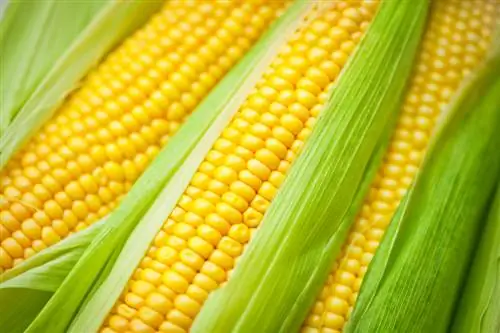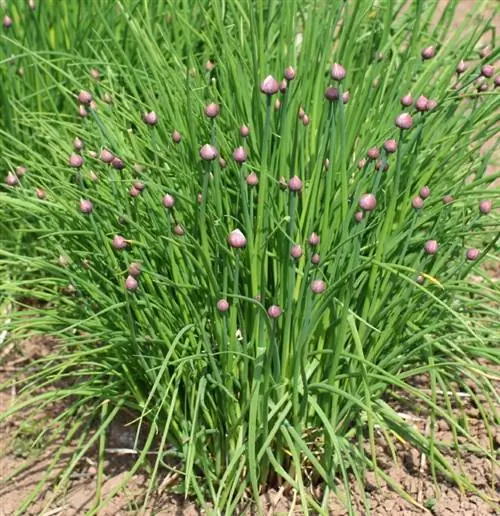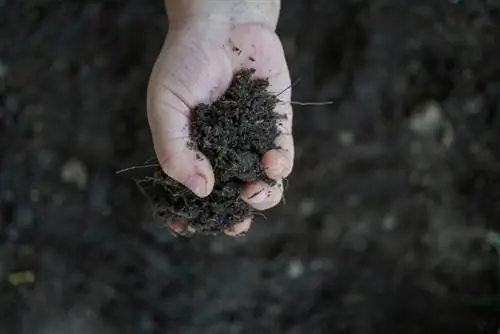- Author admin [email protected].
- Public 2023-12-16 16:46.
- Last modified 2025-01-23 11:22.
The most popular species of the Hibiscus genus include Chinese marshmallow and garden hibiscus. The shrubs do not differ in terms of their nutrient requirements. However, potted plants are fertilized differently than plants grown outdoors.
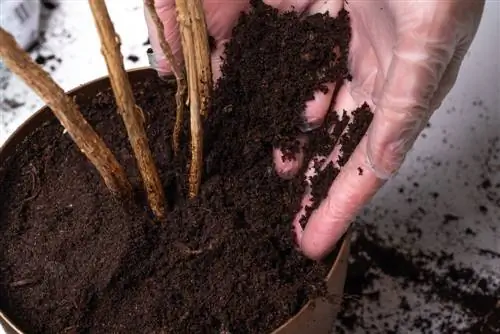
How should you properly fertilize hibiscus?
Hibiscus requires a balanced mix of nitrogen, phosphorus and potassium. Compost or slow-release fertilizer is suitable for garden hibiscus, while potted plants should receive mineral fertilizer weekly. In late summer, a potassium-based fertilizer is recommended to support winter hardiness.
Time
In general, the garden hibiscus has the same nutritional requirements as pot-grown plants. The flowering perennials enjoy regular fertilization between March and October. In the garden, compost or long-term fertilizer are an ideal alternative to liquid fertilizer because they are administered once in spring or directly when planting. Potted plants are grateful for a weekly supply of a mineral fertilizer (€8.00 on Amazon), as organic materials are not sufficiently decomposed. Fertilizer sticks reduce the maintenance effort.
Choose suitable fertilizer
Hibiscus values a balanced mix of nitrogen, phosphorus and potassium. With compost, hibiscus in the garden gets all the nutrients it needs for he althy growth. To support the vitality of potted plants, you should use a mineral fertilizer with an adjusted nutrient ratio.
How to administer the fertilizer:
- When repotting or planting, incorporate 100 to 150 grams of solid flower fertilizer per square meter of soil
- Water substrate thoroughly so that granules dissolve
- After one to two months, supply potted plants weekly with liquid fertilizer according to the manufacturer's instructions
- Administer 80 to 120 g/m² of fertilizer to each garden hibiscus next spring
Tip
Room and garden hibicus also enjoy regular watering with plant broths. These strengthen the bushes and prevent pest infestation.
Promote flowering
An NPK fertilizer with a ratio of 7:6:5 is suitable for potted plants. There are special products that are excellent as hibiscus fertilizer. You can use any regular fertilizer for flowering plants. An additional dose of rock powder supplies the perennials with silica, manganese, iron and molybdenum.
Support winter hardiness
From late summer onwards, you should supply your indoor hibiscus with a potassium-rich fertilizer (NPK 4:2:7). This allows the wood to mature and the plant does not develop new shoots, which means it can get through the winter better. The Hibiscus syriacus planted in the garden also benefits from this adapted fertilization. Patentkali is a good supplement for hedge plants because it provides potassium and magnesium.

